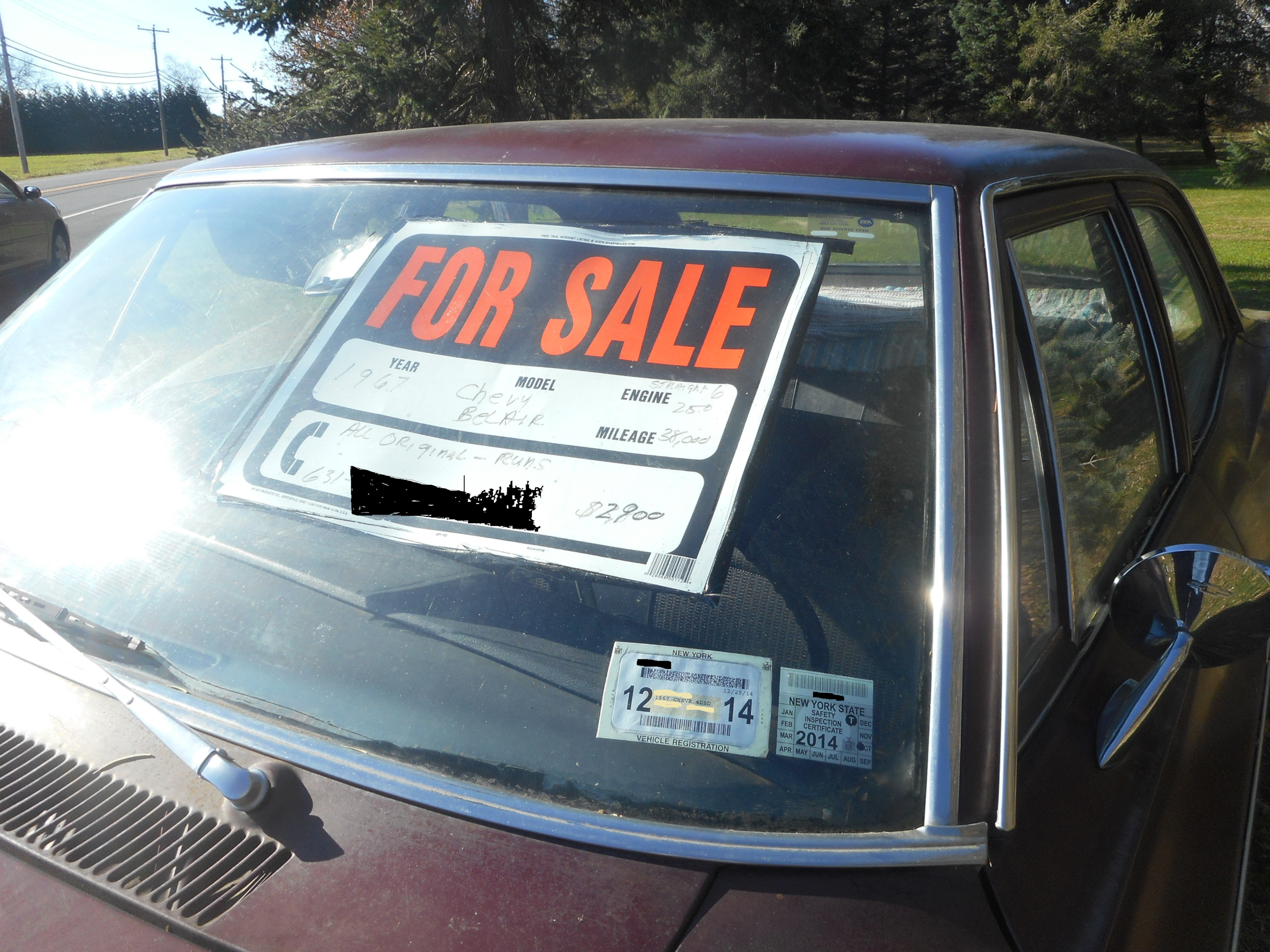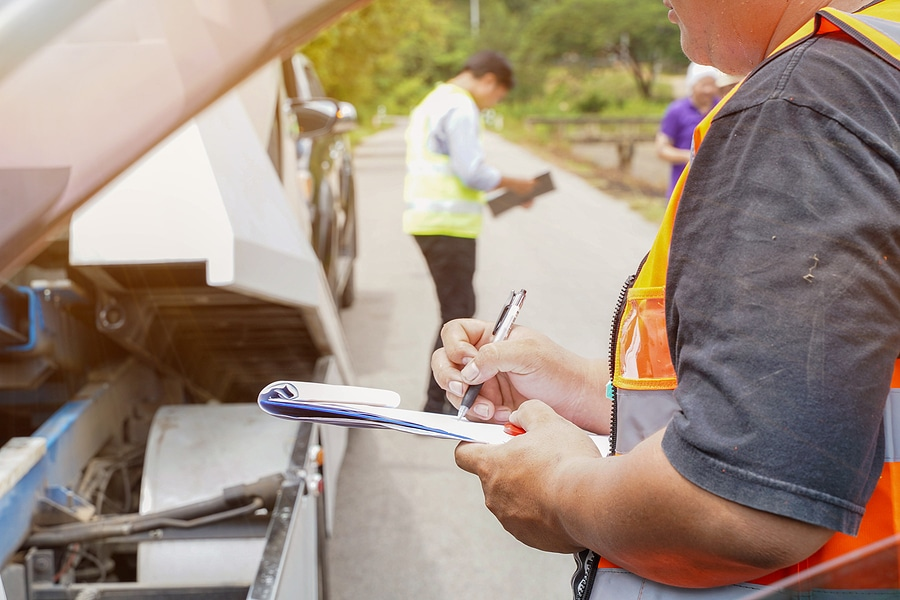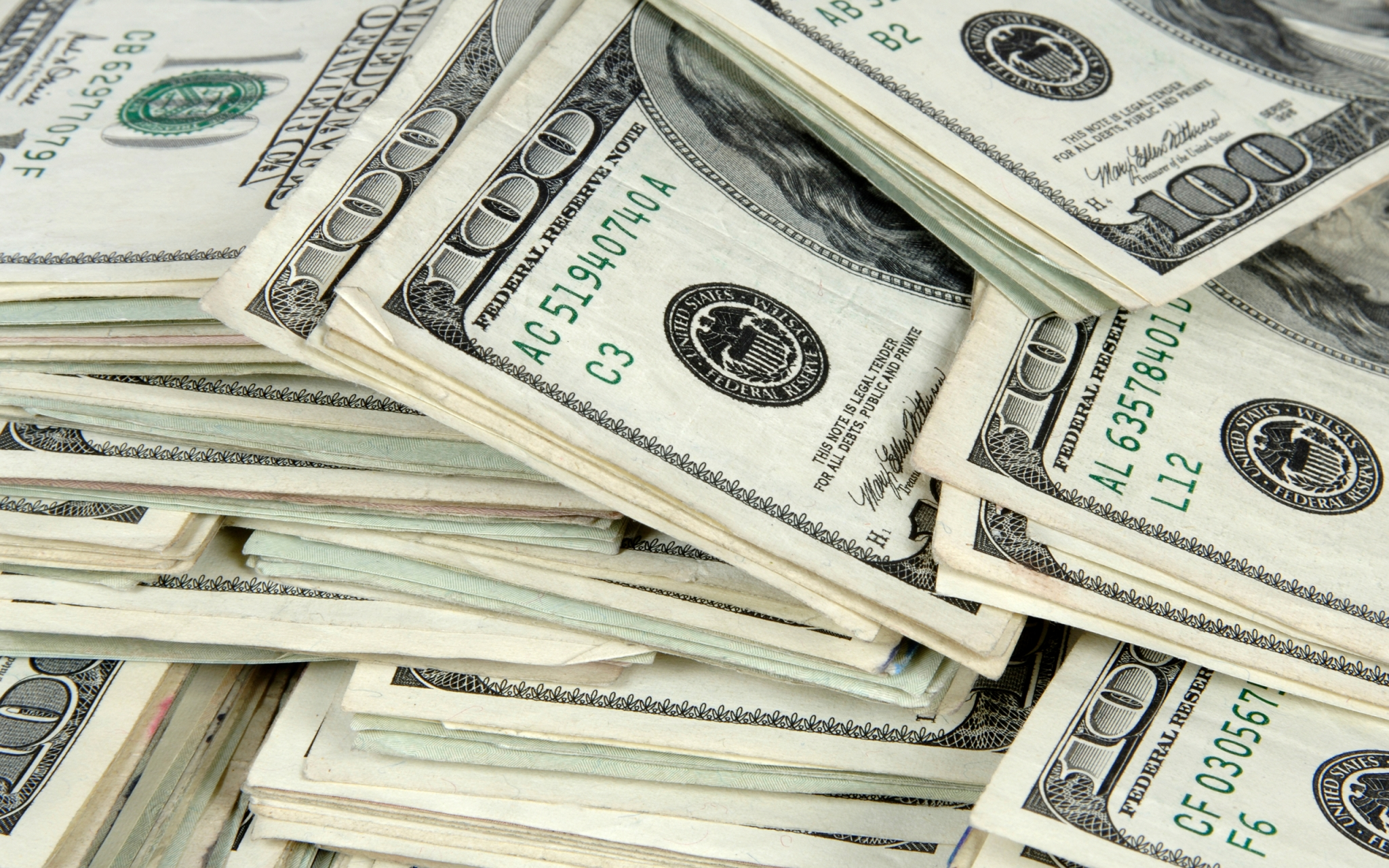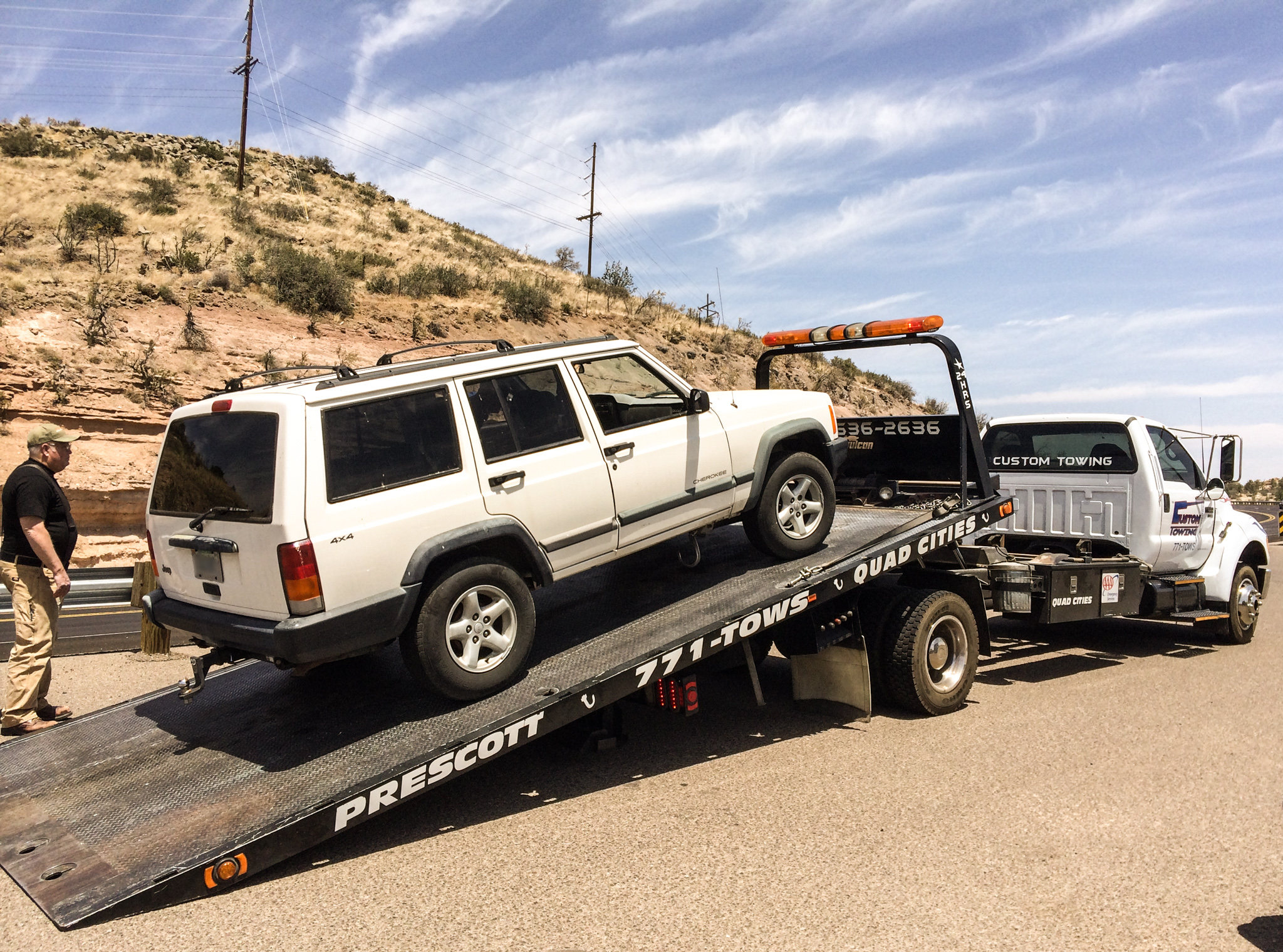Imagine getting top dollar for your car, regardless of its age or condition. Does it sound too good to be true? It’s not! Understanding the factors that affect a car’s value and taking the right steps can significantly increase the amount of cash you receive for your vehicle. In this blog post, you’ll learn how to maximize your car’s cash value, navigate the “how much cars for cash” process, and debunk common myths that may be holding you back from getting the best price.
Key Takeaways
- Understand the various factors that influence a car’s cash value to maximize its financial return.
- Research market values, highlight unique features, and be open to negotiation for getting top dollar when selling your car.
- Carmula services can provide competitive prices regardless of running or non-running condition. Junkyards’ offers may vary depending on location & demand.
Maximizing Your Car’s Cash Value: Factors to Consider

Determining a car’s cash value involves three crucial aspects: location and demand, make and model, and the vehicle’s condition. Grasping these elements can guide you in setting a realistic price, maximizing your car’s financial return.
Now, we’ll delve deeper into these factors.
Location and Demand
Believe it or not, location plays a significant role in determining a car’s cash value. Certain vehicles may be more sought-after in specific regions, affecting the average price. For example, sedans and small SUVs might be popular in urban areas, while larger SUVs and off-road vehicles could be in higher demand in rural settings. Additionally, some car brands may be more popular in certain regions, such as Subaru and Volvo in the Northeast, Infiniti and Ram in the South, and Chrysler and Buick in the Midwest.
Demand for particular car models, including old cars, can vary greatly across regions. Factors such as cultural preferences, economic circumstances, and infrastructure can all affect the popularity of certain car models in various regions. Understanding these influences can facilitate securing a superior price for your car. Prospective buyers often pay more for vehicles in high demand in their region.
Make and Model
The make and model of your car can have a significant impact on its cash value. Some brands and models, such as Honda, Toyota, Chevrolet, Ford, and Nissan, are highly sought after and can bring the most value. Luxury car brands like Acura, Volvo, Audi, and BMW are also in high demand. Additionally, the resale value of a car can be affected by factors such as redesigns, trim levels, and vehicle class.
Remember, car values can plunge by up to 20% or more within the first ownership year. Aspects like make, model, age, condition, mileage, and market demand influence the depreciation rate, and these collectively determine the amount you can fetch for your used car. To maximize your car’s value, consider focusing on brands and models with a high resale value like:
- Volkswagen
- Subaru
- Honda
- Mazda
- Toyota
- Chevrolet Corvette
- Toyota 4Runner
- Honda Civic
- Ford Maverick
- Toyota RAV4
Vehicle Condition
A vehicle’s condition, including its age, mileage, and overall wear and tear, can significantly affect its cash value. For example, the engine, transmission, and catalytic converter may be worth more when sold separately. Even something as small as the estimated scrap value of a radiator, which ranges from $5 to $30, can impact the overall value of your car.
To maximize your car’s value, take these factors into account and make necessary repairs or improvements. This strategy prepares you better for negotiation, ensuring you obtain the highest price for your vehicle.
The Cash for Cars Process: How It Works

Navigating the cash for cars process may seem daunting, but it doesn’t have to be. With a clear understanding of the steps involved, you can sell your car quickly and easily.
We shall now delve into the cash for cars process, encompassing the preparation of your car for sale, pinpointing the right buyer, and negotiating an optimal price.
Preparing Your Car for Sale

Before you can sell your car, you’ll need to prepare it for sale. This involves:
- Cleaning the car, both inside and out
- Washing and waxing the exterior
- Vacuuming and shampooing the interior
- Cleaning the windows
These are all essential steps to making your car look its best.
In addition to cleaning, it’s a good idea to address any minor issues that could potentially decrease your car’s value, such as dents, scratches, or non-functioning lights. You should also gather all necessary documentation, including the title, bill of sale, emissions test documentation, owner’s manual, warranty documents, service records, odometer reading, maintenance records, and vehicle history report. Taking these steps will not only make your car more appealing to potential buyers but also help ensure a smooth transaction.
Finding the Right Buyer
Finding the right buyer can make all the difference in getting the most money for your car. You have several options, including selling to junkyards, private buyers, or online services. Each of these options has its own set of advantages and disadvantages, so it’s important to weigh the pros and cons before making a decision.
As you compare different buyer offers, take into account aspects like the proposed price, the buyer’s reputation, and the transaction’s simplicity. Don’t be afraid to shop around and compare multiple offers, including instant offer options, to ensure you’re getting the best possible price for your car. By exploring various avenues, you increase your chances of finding a buyer who will value your car for its true worth.
Negotiating the Best Price
Securing the best price for your car demands thorough research, patience, and a readiness to compromise. Here are some steps to follow:
- Determine a reasonable starting price based on your research of the car’s market value.
- Be prepared to negotiate by initially offering a lower price, leaving room for negotiation.
- Set a maximum price that you’re comfortable with.
By following these steps, you can increase your chances of getting the best price for your car.
During negotiations, maintain confidence and assure potential buyers of your car’s value by emphasizing its unique features and addressing any concerns they may have. By being open to negotiation and compromise, you increase your chances of securing the best possible price for your car.
Selling to Junkyards vs. Private Buyers: Pros and Cons

Both selling to junkyards like Carmula and private buyers have their advantages, and understanding these can help you make the best decision for your unique situation. We’ll now delve into the advantages and disadvantages of each option, equipping you with valuable insights to make an informed car selling decision.
Junkyard Advantages
One of the main advantages of selling a junk vehicle to a salvage yard is the convenience and speed of the transaction. In most cases Carmula can complete the sale and provide cash payment within a few hours. Additionally, junkyards are known for accepting vehicles in any condition, whether they’re running or not, making them an ideal option for those with cars in poor condition.
Bear in mind, not all junkyards offer cash payments – some might prefer providing store credit or checks. And while selling to a junkyard can be a quick and easy way to get rid of an old car, the price you receive may be lower than what you could get from a private buyer who is willing to pay cash. However, Carmula may offer a free tow service, making the process more convenient for you.
Private Buyer Advantages
Selling to a private buyer offers the potential for a higher selling price compared to junkyards. This is particularly true for cars with unique or rare features, which may be more appealing to private buyers. However, selling to a private buyer can be more time-consuming and may require more effort on your part, such as advertising, arranging test drives, and negotiating the price.
It’s important to weigh the potential benefits of selling to a private buyer against the time and effort required to find one. In some cases, the higher price offered by a private buyer may be worth the extra work, while in others, the convenience of selling to a junkyard may be more appealing.
Common Myths About Cash for Cars Debunked
There are a few common myths about cash for cars that may be holding you back from getting the best price for your vehicle. We will now dispel two prevalent myths: the assumption that non-running cars are unsellable and the notion that all junkyards offer identical prices for cars.
Myth: You Can’t Sell a Non-Running Car
Contrary to popular belief, non-running cars can still be sold for parts or scrap. The value of a non-running car will depend on factors such as make, model, and condition. In fact, the estimated value of a non-running car for parts or scrap can range from $100 to $500.
There are numerous junk car buyers, including Carmula services, who are willing to purchase non-running cars, such as junk cars, for their parts or scrap metal value. So, don’t let the myth that you can’t sell a junk car, even if it’s non-running, hold you back from getting cash for your vehicle.
Myth: All Junkyards Pay the Same Price
Another common myth is that all junkyards pay the same price for cars. In reality, junkyards may offer different prices based on factors such as location, demand, and their own business practices. For instance, the demand for certain car models and the current price of scrap metal can both affect the price offered by junkyards.
By understanding that junkyards may offer varying prices, you can be better equipped to compare offers and secure the best price for your car. Don’t let this myth prevent you from getting the most money possible for your vehicle.
Tips for Getting the Most Money for Your Car
Having examined the factors influencing a car’s cash value and dispelled common myths, it’s time to provide some tips for maximizing your car’s selling price. These tips include researching market values, highlighting unique features, and being open to negotiation.
Research Market Values
One essential step for maximizing your car’s selling price is conducting a thorough market value research. By understanding what your car is worth, you can set a realistic asking price that is both competitive and attractive to potential buyers.
There are several online tools available to help you ascertain the market value of your car, such as:
- Kelley Blue Book
- Black Book
- Car and Driver’s car value calculator
- Consumer Reports car value estimator
- CARFAX History-Based Value
- Hagerty Valuation Tools
By using these resources, you can ensure that you’re setting a fair price for your car, avoiding hidden fees, and increasing your chances of getting top dollar.
Highlight Unique Features
Promoting your car’s unique features, like rare options, low mileage, or recent upgrades, is another strategy for increasing your car’s selling price. These features can make your car more appealing to potential buyers and increase its overall value.
When selling your car, be sure to emphasize these unique features in your advertisement, as well as during any test drives or inspections. By showcasing the value of your car and its special features, you can attract more interested buyers and secure a higher selling price. Some unique features to highlight include:
- Low mileage
- Upgraded sound system
- Leather interior
- Navigation system
- Sunroof
- Backup camera
- Heated seats
- Bluetooth connectivity
Be Open to Negotiation
Lastly, a willingness to negotiate can significantly boost your chances of maximizing your car’s selling price. Remember that potential buyers are likely to try and negotiate a lower price, so be prepared to compromise and find a middle ground that satisfies both parties.
Maintain confidence during negotiations and be prepared to defend your asking price by highlighting the unique features and market value of your car. By being open to negotiation and willing to compromise, you can ensure that you receive the best possible price for your car.
Summary
In conclusion, getting top dollar for your car is possible when you understand the factors that affect its value, debunk common myths, and follow tried-and-true tips for maximizing your car’s cash value. By researching market values, highlighting unique features, and being open to negotiation, you can secure the best possible price for your car. So, don’t let myths and misconceptions hold you back – take the necessary steps to get the most money for your car today!
Frequently Asked Questions
What are the latest prices for scrap cars?
The scrap value of mid-size cars is around $150 – $300, while smaller vehicles can go as low as $100. Selling your car for parts could be the best option if you’re looking to get more money for it, as certain parts can yield a couple hundred dollars!
How many tons is a car?
On average, a car weighs around 1.4 tons or 2.05 tonnes.
How did cash for clunkers work?
The “Cash for Clunkers” program offered consumers a rebate of between $3,500 and $4,500 when they traded in an older, less fuel-efficient vehicle and purchased a newer, more fuel-efficient one. Customers received these rebates as an incentive to make the switch.
Is Carmula legit?
With free pickups and at-home inspections, high customer ratings and an impressive 94% of positive reviews on Trustpilot, Carmula is a reliable and legitimate company to sell your car to.
What factors influence a car’s cash value?
Location, make and model, as well as overall condition of the vehicle influence a car’s cash value, including junk cars.





 Who We Are
Who We Are Coverage Area
Coverage Area Donate
Donate